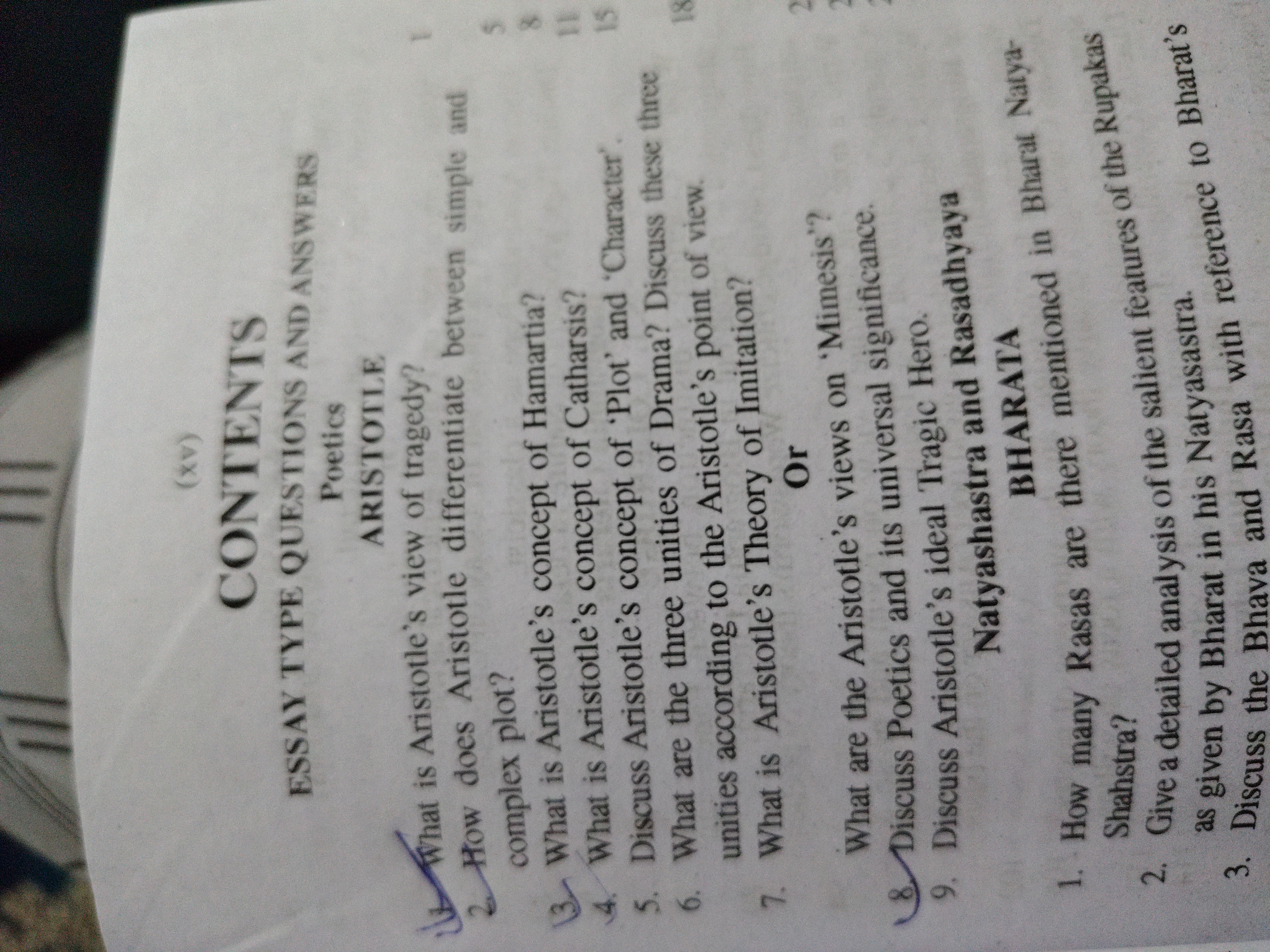What is Aristotle's view of tragedy?

Understand the Problem
The question is asking about Aristotle's views on various aspects of his Poetics, including tragedy, plot, and character. This indicates a focus on literary theory and philosophy, specifically how Aristotle analyzed drama and storytelling.
Answer
Aristotle defines tragedy as a serious, complete imitation of action, evoking pity and fear, leading to catharsis.
Aristotle views tragedy as an imitation of a serious and complete action, evoking pity and fear to achieve catharsis of these emotions. It is represented through action, and not through narration.
Answer for screen readers
Aristotle views tragedy as an imitation of a serious and complete action, evoking pity and fear to achieve catharsis of these emotions. It is represented through action, and not through narration.
More Information
Aristotle believed that tragedy's primary aim was catharsis, a purging of emotions, through pity and fear. This makes it a powerful form of storytelling.
Tips
A common mistake is to focus only on the plot and character but miss the emotional and experiential aspects Aristotle emphasized.
Sources
- Theory, Catharsis, Aristotle - Tragedy - Britannica - britannica.com
- Definition of tragedy - Aristotle: Poetics - english.hawaii.edu
- Aristotle on Tragedy - CliffsNotes - cliffsnotes.com
AI-generated content may contain errors. Please verify critical information